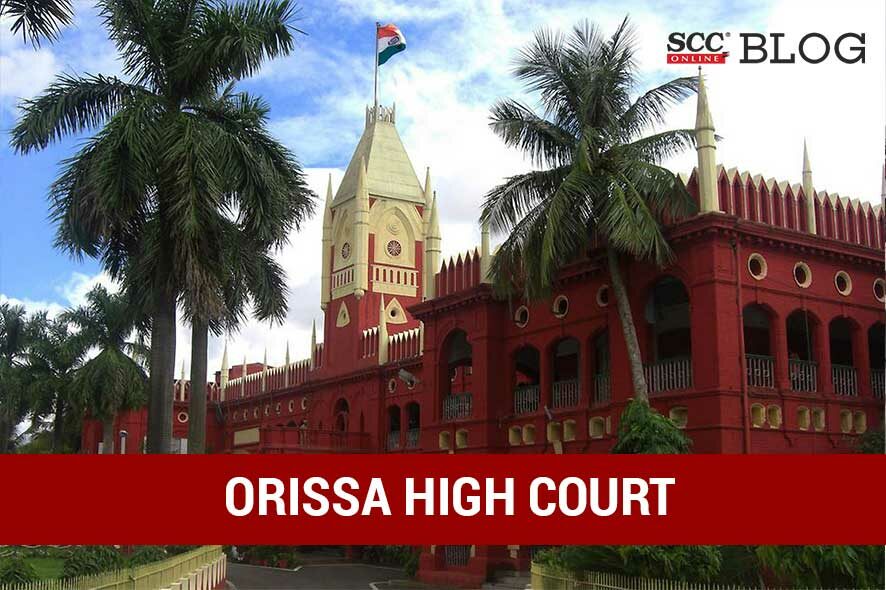Orissa High Court: In an application filed under Section 482 of the Code of Criminal Procedure, 1973 (‘CrPC’), against the order of the Court of First-Class Judicial Magistrate (‘JMFC’), wherein the bail bond of the accused was cancelled and the Investigating Officer (‘IO’) was permitted to arrest the accused, the Single Judge Bench of Sashikanta Mishra* J., allowed the petition and held that the impugned order was contrary to law and therefore could not be sustained.
Background
In the matter at hand, the accused was charged under Section 304/34 of the Penal Code, 1860 (‘IPC’). The Court of JMFC had granted him bail as per the provision of Section 436 of Cr.PC as the alleged offence was bailable in nature. Accordingly, on the direction of the JMFC, the accused furnished bail bond of Rs 20,000/- with one surety and was released on bail. Later, the IO prayed for the cancellation of the bail on the ground that in the course of the investigation further offences were found to be committed by the accused under Sections 420, 465, 467, 471, 409, 120-B of the IPC. Subsequently, based on the prayer by the IO, the JMFC passed the impugned order cancelling the bail bond furnished by the accused and permitting the IO to arrest him.
Thus, feeling aggrieved by the impugned order, the accused approached the Court contending that firstly, JMFC didn’t have the jurisdiction to cancel the bail because cancellation of bail could only be done either by the Court of Session or the High Court under the provisions of Section 439(2) of the CrPC Secondly, the accused was given no opportunity of hearing before cancelling the bail which violated the principles of natural justice.
Court’s Decision
The Court referred Pradeep Ram v. State of Jharkhand, (2019) 17 SCC 326, and said that the IO cannot be said to be faulted for making the motion for cancellation of the bail upon the addition of higher offences. However, the Court said that when it comes to the curtailment of the liberty of a person, it becomes incumbent for the Court to follow the principles of natural justice by giving the opportunity of hearing to him. The Court relied on P.K. Shaji v. State of Kerala, (2005) 13 SCC 283 and Gurdev Singh v. State of Bihar, (2005) 13 SCC 286, wherein reference was made to the maxim ‘audi alteram partem’ to hold that the accused must be heard before his bail is cancelled. On the issue that whether the Magistrate had the power to cancel the bail which was already granted under Section 437(5) of the CrPC, the Court said that on perusal of the said provision, it was clear that such power is relatable only in case where bail has been granted under either Section 437(1) or 437(2) of the CrPC, however, in the present case, the bail has been granted under Section 436 of the CrPC which does not contain any provision for cancellation of bail. The Court concluded that such power to cancel the bail granted under Section 436 of CrPC has been conferred solely upon the High Court or the Court of Session under Section 439(2) of the CrPC. Therefore, the Court allowed the application and held that the impugned order was contrary to law and could not be sustained.
[Chinmaya Sahu v. State of Orissa, 2023 SCC OnLine Ori 5121, Decided on 20-07-2023]
*Judgment Authored by: Justice Sashikanta Mishra









